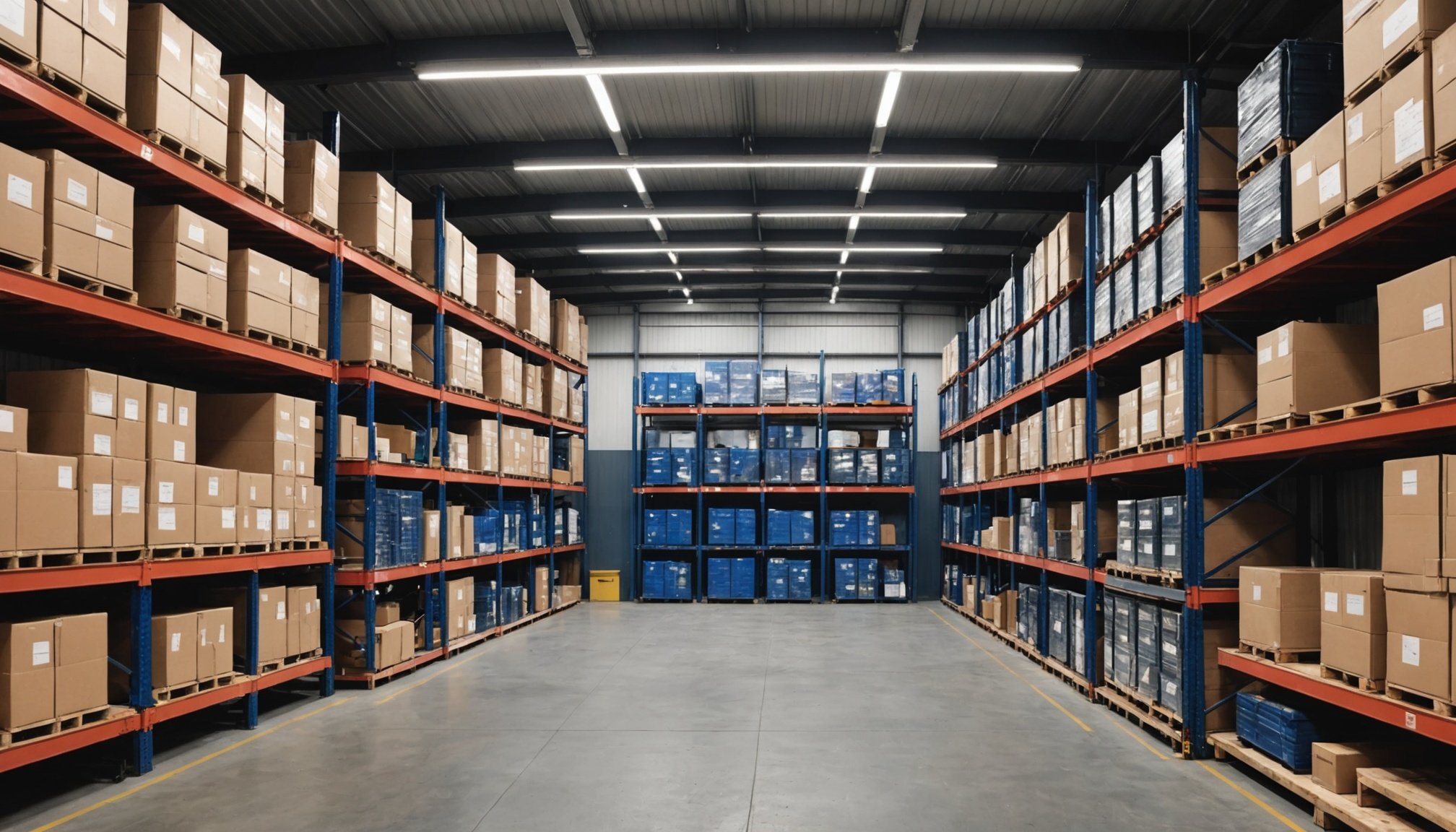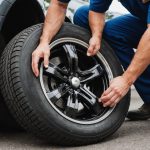Maintaining the effectiveness of vehicle products is crucial for ensuring the longevity and performance of your vehicles. Whether you are a fleet manager or a private car owner, understanding how to properly store these products can save you time and money in the long run. Proper storage prevents degradation and maintains the integrity of essential items such as fuel, maintenance equipment, and batteries. This article provides a comprehensive guide on the best practices for storing these products, ensuring that they remain in optimal condition.
Understanding Vehicle Products and Their Importance
To begin with, it is essential to understand the various types of vehicle products you may encounter. These can range from fuel and oil to essential maintenance tools and equipment. Each product has its own storage requirements, which are critical for ensuring their effectiveness. For instance, storing fuel improperly can lead to contamination, which could result in driving issues later on.
Additional reading : How can I prevent tire blowouts using UK tire maintenance products?
Moreover, many products have a specific shelf life. For example, engine oils can break down over time if not stored correctly. Batteries must be kept in a dry, cool environment to prevent sulfation. When you neglect to consider these factors, you’re not just risking the quality of your products; you may also be jeopardizing the security and performance of your vehicle.
Additionally, understanding the properties of each product allows you to make informed decisions. This knowledge is particularly important for fleet drivers who manage multiple vehicles. Keeping track of various equipment, knowing when to replace battery packs, and ensuring that fuel is fresh can significantly enhance operational efficiency and reduce costs.
In the same genre : What are the best UK vehicle products for keeping headlights clear and bright?
Optimal Storage Conditions for Vehicle Products
Storing vehicle products requires attention to detail and adherence to best practices. Temperature, humidity, and light exposure are critical factors that can affect the longevity of your products. It is advisable to store items in a cool, dry place, away from direct sunlight.
For fuels and lubricants, maintaining a consistent temperature is crucial. Extreme heat can cause these products to evaporate or break down. Ideally, you should aim for a storage temperature between 0°C and 30°C. If you are storing large quantities of fuel, consider using insulated tanks to maintain a stable environment.
Humidity also plays a significant role, especially for batteries. Moisture can lead to corrosion and reduce the lifespan of the battery. Therefore, ensure that your storage area is well-ventilated and dehumidified when necessary. Using silica gel packs or moisture absorbers can further protect sensitive products.
Finally, be cautious of light exposure. Many products contain compounds that can degrade when exposed to UV light. Store products in opaque containers to protect them from light damage, especially if they are in clear plastic or glass bottles. Following these guidelines will help you keep your vehicles running smoothly and efficiently.
Regular Checks and Maintenance of Stored Products
Regular checks on your stored vehicle products are essential to maintaining their effectiveness. Set a schedule to inspect your inventory for signs of degradation or contamination. This routine can help you identify potential issues before they escalate into costly problems.
Start with fuel and lubricants—look for any discoloration or sediment at the bottom of the containers. If you notice any changes, it may be best to dispose of the product and replace it with a fresh batch. Implement a first-in-first-out (FIFO) system to ensure that you are using older products before newer ones. This practice is especially beneficial for oils and fuels, which can degrade over time.
Batteries also require regular checks. Look for signs of corrosion or leakage. If a battery shows these symptoms, it is advisable to replace it immediately to avoid further damage to your vehicle’s electrical system. Additionally, consider using a multimeter to check the battery voltage regularly. Keeping your batteries charged and in good condition will ensure that your vehicle is always ready for driving.
Finally, don’t forget about your maintenance equipment. Tools should be cleaned and stored properly after use. Ensure that they are free from rust and dirt, as these can affect their performance. A well-maintained tool can make a difference in the efficiency of repairs and routine maintenance.
Safety and Security in Vehicle Product Storage
Safety should always be a priority when storing vehicle products. Many products, such as fuel and certain chemicals, can be hazardous if not stored correctly. Ensure you comply with local regulations regarding the storage of flammable materials.
Utilize appropriate containers that are designed for safety. For fuels, use approved fuel cans that minimize evaporation and leakage. These containers should be clearly labeled to avoid misuse and accidents. Also, consider using safety cabinets for storing chemicals or cleaning agents to reduce the risk of accidents.
Additionally, security measures should be in place to protect your storage area from theft or vandalism. Install adequate lighting and consider using security cameras or alarm systems, especially if you store valuable equipment. Restrict access to the area to authorized personnel only to reduce the risk of accidents or misuse.
Lastly, educating your staff or family members on proper handling and storage procedures can significantly enhance safety. Hold regular training sessions to ensure everyone understands the importance of safety in the storage of vehicle products. This proactive approach will help prevent accidents and ensure that all products remain effective and safe to use.
In conclusion, properly storing vehicle products is essential for maintaining their effectiveness and ensuring the smooth operation of your vehicles. By understanding the unique requirements of each product, adhering to optimal storage conditions, performing regular checks, and prioritizing safety and security, you can significantly prolong the life of your vehicle products. Whether you are managing a fleet or maintaining personal vehicles, these practices will save you time and resources, allowing you to focus on what truly matters – keeping your drivers safe and your vehicles performing at their best. Remember, the key to effective storage lies in consistency and attention to detail.











